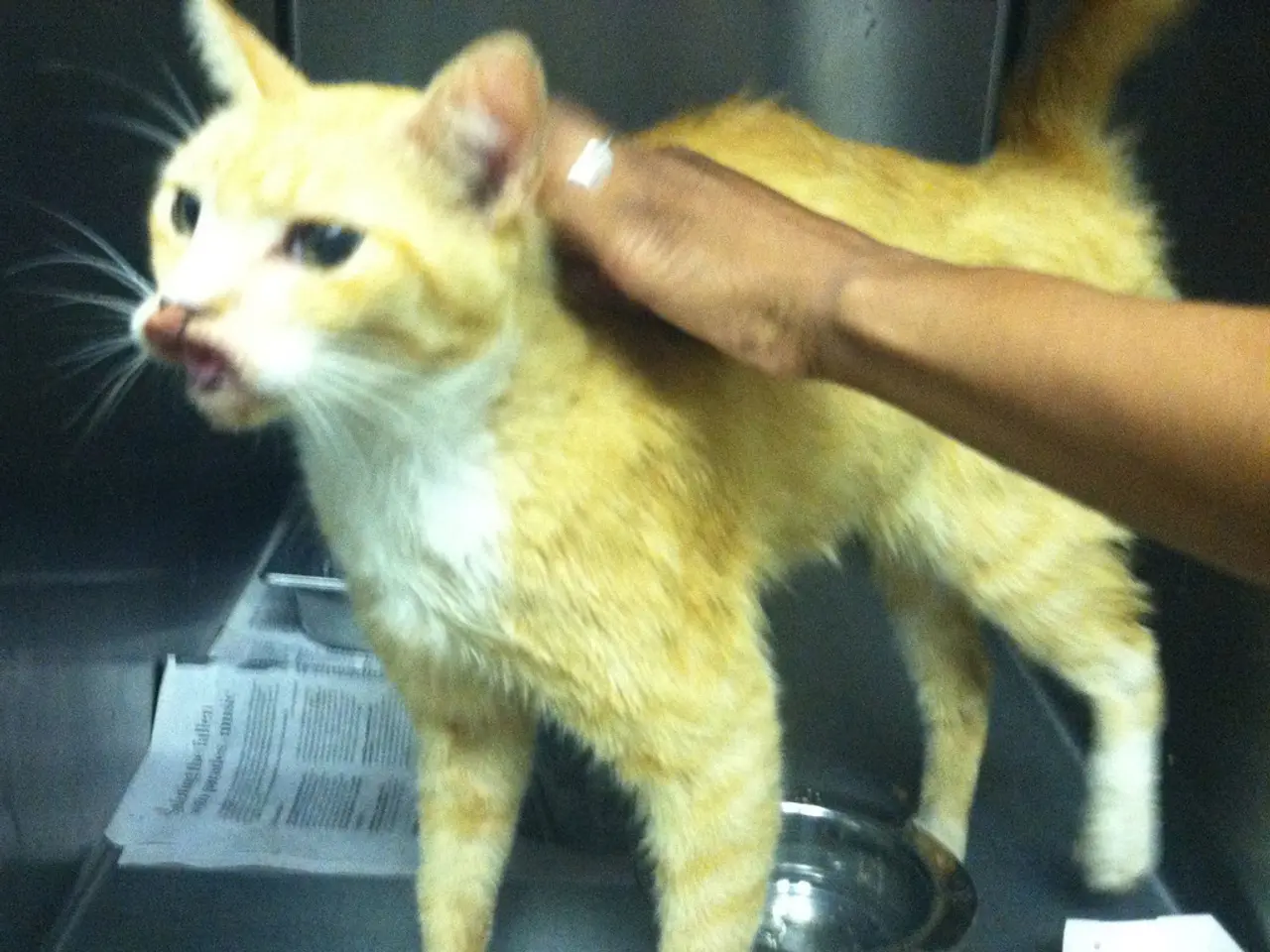Medicare provides coverage for stays at skilled nursing facilities, but eligibility depends on specific conditions.
For individuals requiring post-hospital care, understanding the coverage provided by Medicare for skilled nursing facility (SNF) care is essential. Here's a breakdown of the key points to consider:
1. **Medicare Part A Eligibility:** To qualify for SNF coverage, you must be enrolled in Medicare Part A.
2. **Qualifying Hospital Stay:** A prior inpatient hospital stay of at least three consecutive days (excluding the day of discharge) is necessary.
3. **Transfer to Medicare-Certified SNF:** The skilled nursing care must be received in a Medicare-certified skilled nursing facility.
4. **Need for Skilled Care:** A healthcare professional must determine that you require daily skilled nursing or therapy care that can only be provided in an SNF. This care must be related to the condition treated during the qualifying hospital stay or for a condition that began while you were receiving SNF care in relation to the hospital stay.
5. **Timing of Admission:** You must be admitted to the SNF within 30 days of discharge from the hospital.
6. **Benefit Period Limits:** Medicare covers skilled nursing care for up to 100 days per benefit period. A benefit period starts on the day of hospital or SNF admission and ends after 60 consecutive days without inpatient or skilled nursing care. To reset the benefit period and qualify for additional coverage, you must have a new qualifying hospital stay and meet the requirements again.
During the first 20 days in an SNF, Medicare covers the costs in full. However, from days 21 to 100, a coinsurance amount applies. After day 20, a copayment also applies, which increases with the length of the stay.
It's important to keep track of the number of days spent in an SNF to avoid unexpected costs. If therapy services are required, treatment should be needed a minimum of five days per week. If care is needed seven days a week, the SNF may offer post-hospital nursing care, including administering medication, tube feedings, wound care, physical therapy, bathing, and hygiene. Services covered under Medicare include ambulance transportation, dietary counseling, meals, medical social services, medical supplies and equipment, occupational therapy, physical therapy, prescription drugs, semi-private room, skilled nursing care, speech-language pathology services, and swing bed services.
If a person does not meet the requirements for the skilled nursing facility benefit or has reached the 100-day limit, Medicaid may offer nursing facility services to eligible individuals. Extra financial help may be available for individuals in this situation.
To find a Medicare-certified SNF that meets your needs, you can talk with your doctor or hospital discharge planner. If you have a Medicare Advantage plan, contacting your insurer to find in-network SNFs is recommended, as these are usually more cost-effective.
[1] Medicare.gov - Skilled Nursing Facility Care [2] MedlinePlus - Skilled Nursing Facilities [3] AARP - Skilled Nursing Facility Care [4] National Council on Aging - Medicare and Skilled Nursing Facility Care
- To access Medicare's coverage for post-hospital care, it's crucial that individuals are enrolled in Medicare Part A.
- A prerequisite for SNF coverage is a prior inpatient hospital stay of at least three days, excluding the day of discharge.
- The skilled nursing care must be provided in a Medicare-certified skilled nursing facility.
- A healthcare professional must determine that you need daily skilled nursing or therapy care, which can only be provided in an SNF, and that this care is related to the condition treated during the qualifying hospital stay or a condition that began during SNF care.
- It's essential to know that Medicare covers SNF care for up to 100 days per benefit period, with costs being covered in full during the first 20 days, followed by daily coinsurance fees and copayments.
- After the Medicare coverage limit is reached, Medicaid may offer nursing facility services to eligible individuals. Extra financial help may be available for those in this situation.
- To find a Medicare-certified SNF, individuals can consult their doctor, hospital discharge planner, or, if they have a Medicare Advantage plan, their insurer to find in-network SNFs.
- Services covered under Medicare include a range of medical-conditions-related care, including ambulance transportation, dietary counseling, medications, physical therapy, and more.
- Health insurance and health-and-wellness are crucial aspects to consider during post-hospital care, as they can help individuals manage their health and finances effectively.
- In the broader context of science and medical-conditions, understanding SNF care under Medicare is an essential part of providing comprehensive patientcare.




